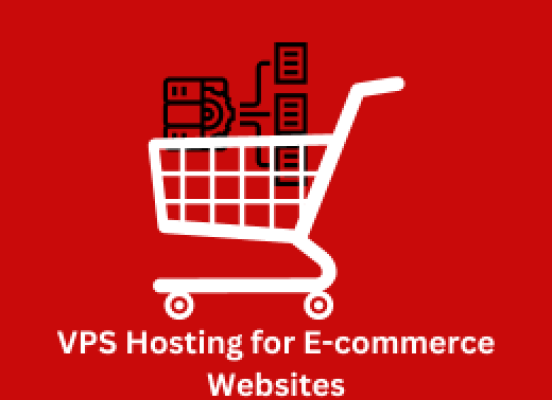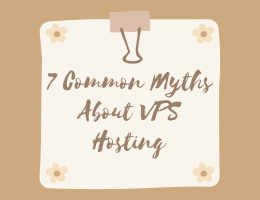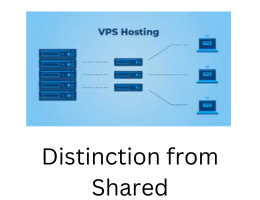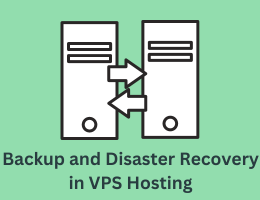
VPS Hosting for E-commerce Websites: Ensuring Reliability and Speed
- By admin --
- Saturday, 01 Jul, 2023
When it comes to hosting an e-commerce website, reliability and speed are crucial factors for ensuring a positive user experience and maximizing sales. Virtual Private Server (VPS) hosting can be a good choice for e-commerce websites as it provides a balance between affordability, flexibility, and performance. Here are some key considerations to ensure reliability and speed with VPS hosting for e-commerce websites:
-
Choose a reputable hosting provider: Select a reliable hosting provider with a proven track record of delivering high-quality VPS hosting services. Look for providers that offer robust infrastructure, excellent uptime guarantees, and positive customer reviews.
-
Opt for managed VPS hosting: Managed VPS hosting takes care of the technical aspects of server management, allowing you to focus on your e-commerce business. The hosting provider handles server setup, maintenance, security, and backups, ensuring optimal performance and reliability.
-
Select the appropriate VPS configuration: Assess your website's requirements and choose a VPS plan that meets your needs in terms of CPU, RAM, storage, and bandwidth. Ensure that the VPS resources are allocated adequately to handle your expected traffic volume and accommodate peak loads.
-
Implement caching mechanisms: Caching can significantly improve website speed and reduce server load. Utilize caching plugins or solutions such as Varnish cache or Redis to store frequently accessed data and serve it quickly to visitors. This minimizes the need for frequent database queries and speeds up page loading times.
-
Utilize Content Delivery Networks (CDNs): CDNs distribute your website's static content across multiple servers worldwide, reducing latency and improving load times for visitors from different geographical locations. Select a CDN provider with a reliable network and good coverage.
-
Implement website optimization techniques: Optimize your e-commerce website by compressing images, minifying CSS and JavaScript files, and reducing unnecessary code. This reduces file sizes and enhances page load speed, resulting in a smoother user experience.
-
Ensure secure transactions: Security is paramount for e-commerce websites. Implement SSL certificates to enable HTTPS encryption for secure data transmission. Additionally, choose a VPS hosting provider that offers robust security features such as firewalls, malware scanning, and regular security updates.
-
Regularly monitor performance: Monitor your website's performance using tools like Google Analytics, Pingdom, or New Relic. Keep an eye on load times, uptime, and other relevant metrics to identify any issues promptly and optimize your website's performance.
-
Consider scalability: As your e-commerce business grows, you may experience increased traffic and resource requirements. Ensure that your VPS hosting plan allows for easy scalability, allowing you to upgrade resources or switch to a higher-tier plan seamlessly.
-
Backup your data: Regularly backup your website's data to prevent data loss. Choose a VPS hosting provider that offers automated backup solutions or implement your own backup strategy to protect your e-commerce website's data.
By following these guidelines, you can ensure that your e-commerce website hosted on a VPS performs reliably, loads quickly, and provides a positive user experience for your customers, ultimately leading to increased conversions and sales.





